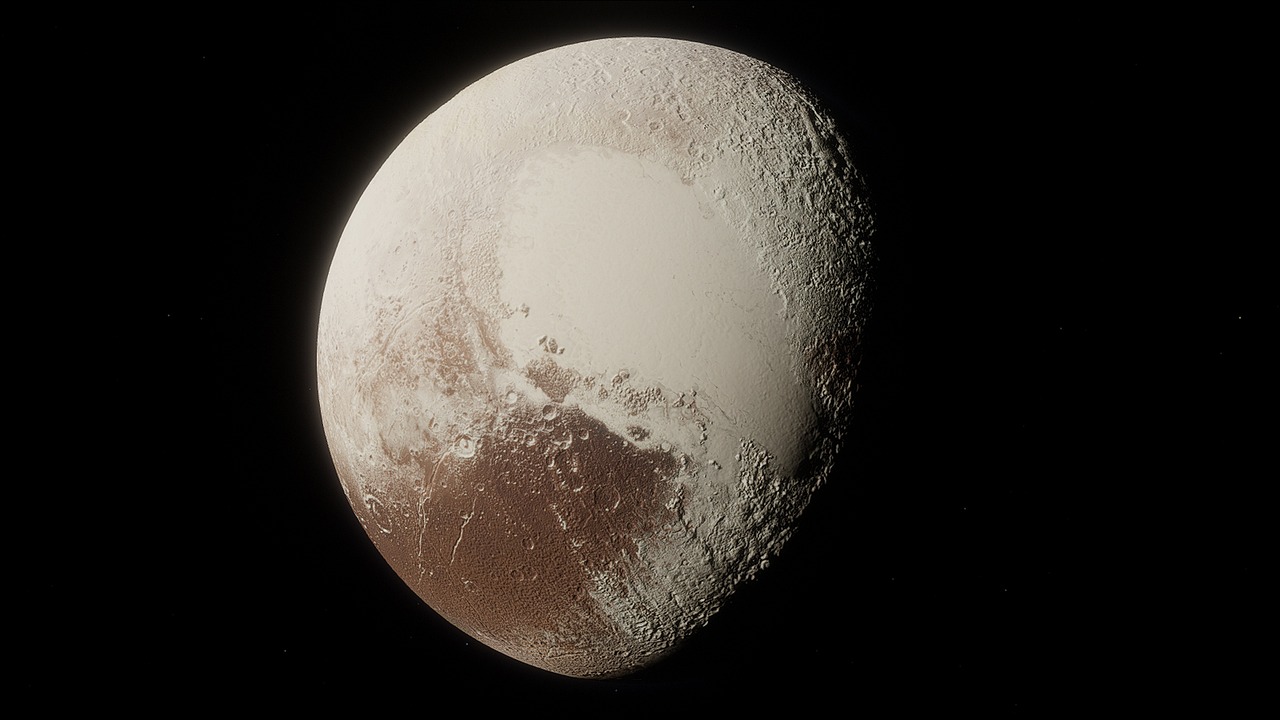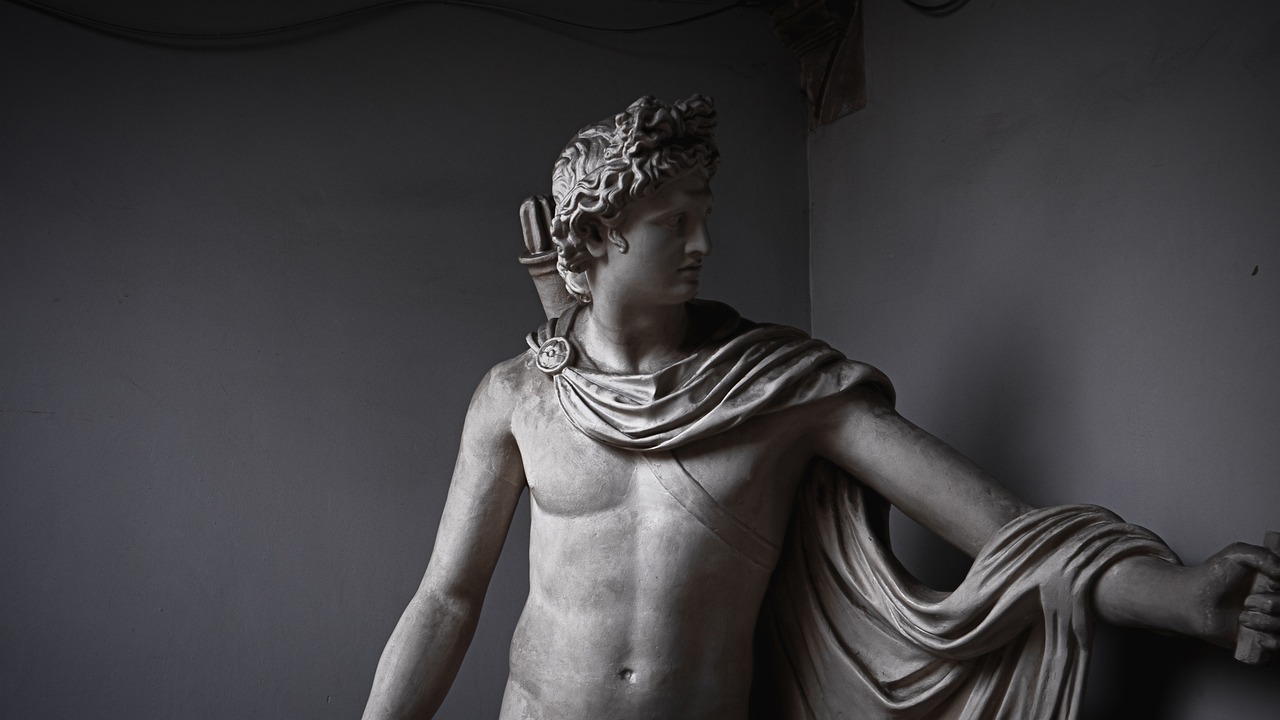Tag: Underworld
-
Erebus, a prominent figure in Greek mythology, embodies a dark aspect of the underworld and represents the concept of darkness itself. He is considered a primordial being, emerging in the ancient creation narratives as one of the earliest deities. Erebus is depicted as the offspring of Chaos, who is also the progenitor of his consort…
-
Hades, the deity of the underworld in ancient Greek mythology, was known by several names including Aïdes, meaning “the Unseen,” and Pluto, which translates to “the Wealthy One” or “the Giver of Wealth.” As a son of Titans Cronus and Rhea, he was part of the significant Olympian family, which included his brothers Zeus and…
-
Hades, the Overlord of the Underworld Hades, known as Haides in Greek mythology, stands as the sovereign of the underworld and the deity of the dead. He was central to the funerary customs and guaranteed the deceased their right to burial. Besides ruling the shadows of the deceased, Hades represented the concealed riches of the…
-
Aker, alternatively referred to as Akeru, ranks among the ancient Egyptian deities symbolizing the earth. Historical accounts suggest that his veneration predates that of other recognized earth gods like Geb. Aker embodied the divine essence of the horizon and served as the keeper of the eastern and western horizons in the afterlife. It was Aker’s…
-
Pluto, the Roman god of the Underworld, has an intricate mythology akin to his Greek counterpart, Hades. Choosing to reside in the realm of the dead rather than participate on Olympus with the other deities, Pluto embodies themes of life, death, and the human fear of the unknown. Family and Divine Hierarchy Born to the…
-
Hades, known in ancient Greek religion as the god ruling over the underworld, was among the children of the Titans Cronus and Rhea. He shared his lineage with his siblings Zeus, Poseidon, Demeter, Hera, and Hestia. In Greek mythology, the underworld is often depicted alongside a variety of notable figures, such as Charon, the ferryman…
-
Pluto, revered as the deity of the Underworld in Roman mythology, is often associated with his Greek counterpoint, Hades. Unlike other deities who inhabited Mount Olympus, Pluto opted to dwell in the Underworld, marking a distinction in his character and role among the pantheon. Family Dynamics Pluto, known as Hades, was the offspring of the…
-
In the realm of ancient Roman mythology, Pluto emerged as the deity governing the Underworld, presiding over the domain of the deceased. Often referred to as Dis Pater or Orcus, Pluto was the Roman equivalent of the Greek god Hades. He was portrayed as a serious and somber figure, emblematic of death and the afterlife.…
-
Hades, known as Pluto in Roman mythology, ruled the Greek underworld, representing the realm of the deceased in both Greek and Roman traditions. Unlike modern interpretations that often equate the underworld with Hell and its governing deity as a figure of malice, the ancient Greeks and Romans viewed Hades as a dark but necessary domain…
-
Hades, known as Haides in Greek mythology, occupies a prominent position as the ruler of the Underworld and god associated with death. He oversees the protocols governing burial rites and ensures that the deceased receive proper memorials. In addition to his dominion over the dead, Hades represents the concealed riches of the earth, ranging from…










